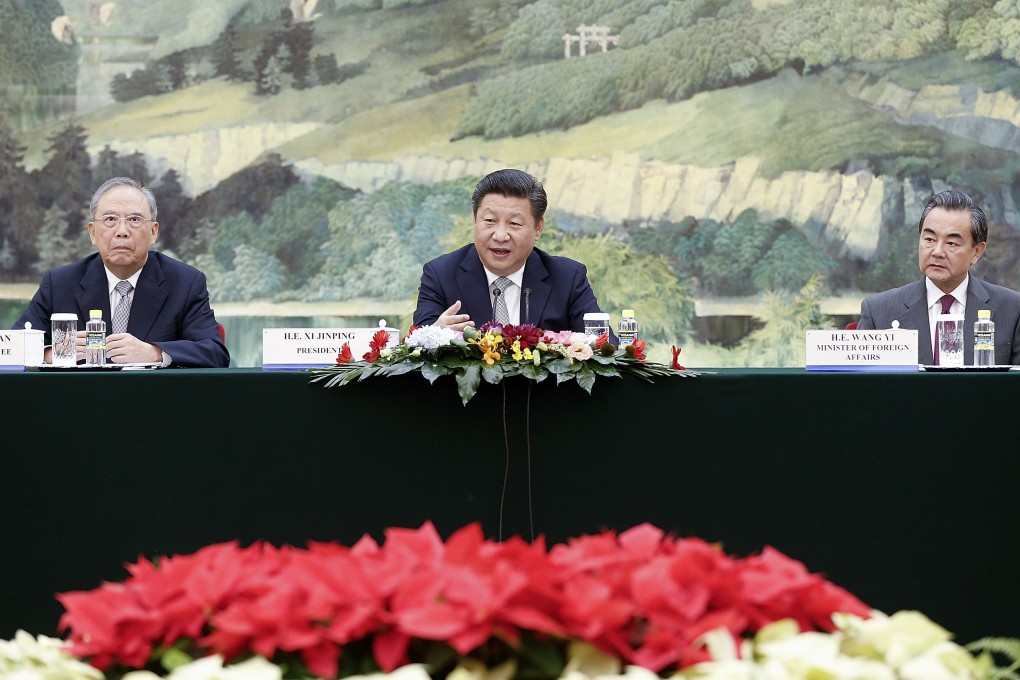Behind fairytale press, Chinese President Xi Jinping faces Goldilocks problem in America
In US eyes, China is either doing too well or not well enough

When President Xi Jinping visits the United States this week, the mainland public is bound to receive wall-to-wall positive coverage of what Beijing has pledged will be a successful trip. But underneath the pomp and pageantry, Xi may find himself facing an American audience that is increasingly ambivalent towards China.
Underlying a host of security and economic issues is a shifting balance between the two countries as China's clout continues to grow, and what some observers describe as a "Goldilocks problem" as illustrated by the recent Chinese stock market crisis.
"We are at a time of real ambivalence in terms of our attitude towards China," said Jacques deLisle, director of the Centre for East Asian Studies at the University of Pennsylvania.
For nearly 30 years, a sense of opportunity for business and trade, and the idea that the US could affect what kind of power China would be, helped create a "fairly warm and positive view" towards China, deLisle said.
"But now you have fear, anger and worry," he said.